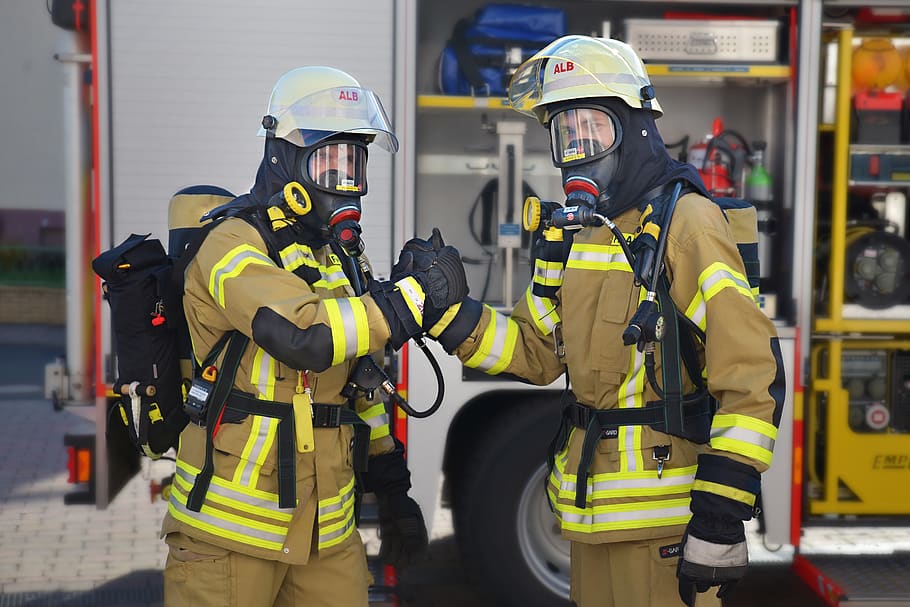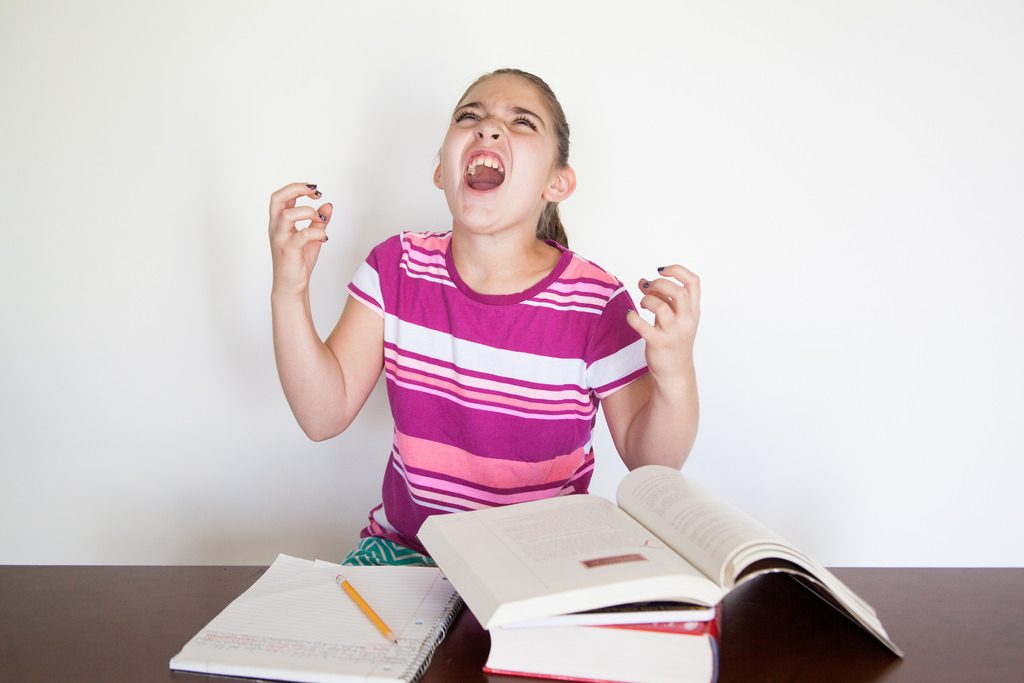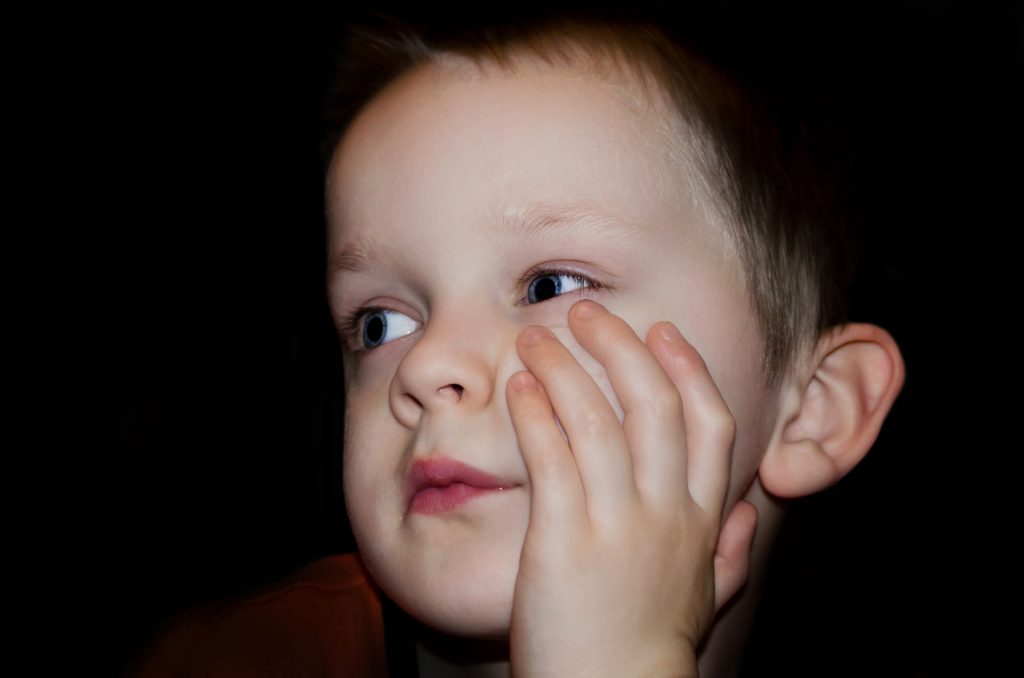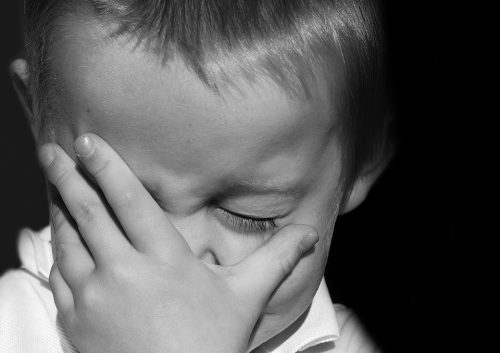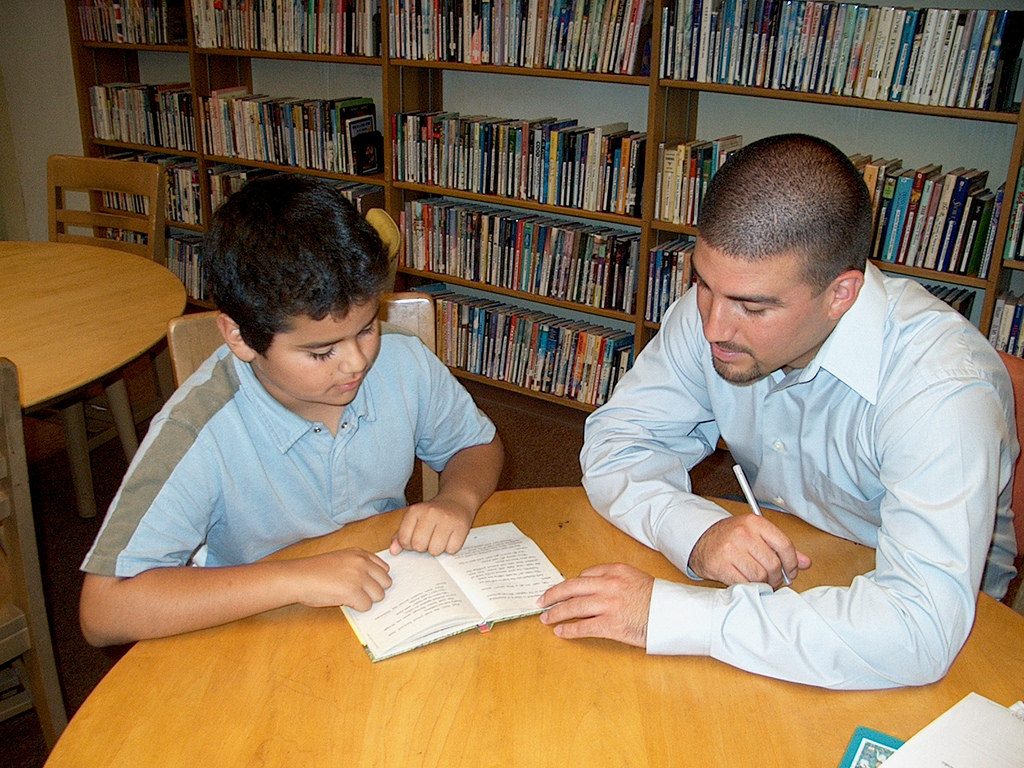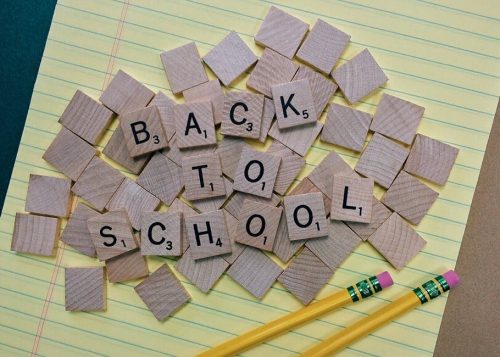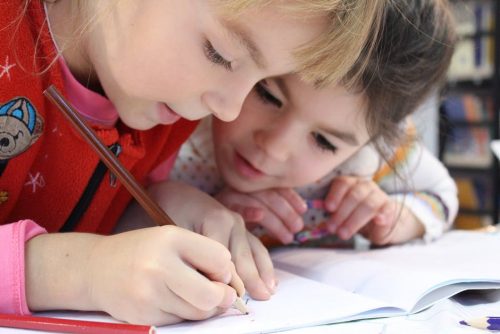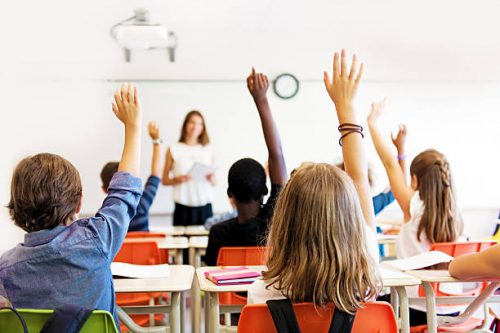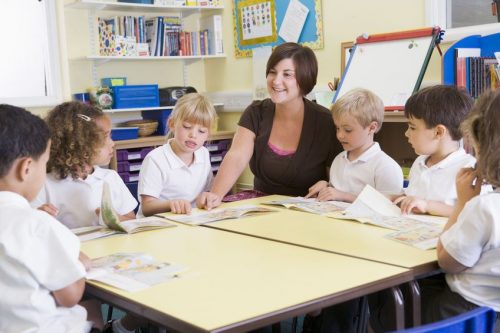
Source: wallpaperflare.com
It is already a struggling moment that I have clinical depression. I can barely motivate myself to think about good things in life due to my mental condition. It is also impossible for me to manage a daily routine that does not require medication and self-care instructions. And now that there is a pandemic, the struggle I am facing every day becomes twice as much more complicated. My mental illness does not allow me to see a different angle of things. I merely focus on what I want to think about, and that is the toxicity of the world. My clinical depression makes me scared and anxious even more that it takes a toll on everything I do.

Source: pxfuel.com
How Is Everything For Me Lately
With all the mixed feelings I have due to this pandemic situation, I am now experiencing panic attacks and nightmares. It sucks because I don’t like how I picture the future. There are too much brutality and deaths in my head. I find it very disturbing and irritating at the same time. But unfortunately, I can’t take it off my mind. The feeling of hopelessness is rising because I somehow knew that this COVID-19 outbreak will still be in control for the next few more months.
I am aware that there is nothing people can do in this situation. I also believe that staying positive and mindful about everything available right now is the key to mental survival. However, for those individuals like me who are already suffering from a mental health issue, it’s not easy. There is no way people can just say we should look at the brighter sides of this Coronavirus outbreak because we can’t. There is nothing we can do to rectify our depression in an instant, especially that we know the world can’t even stand the battle from this global crisis.

Source: pickpik.com
With individuals like me, who has clinical depression, the way we respond to the things around us is different. Our understanding of home quarantine gets related to self-isolation. We don’t like the idea of being trapped in our homes alone and surrounded by only a few people we know. Though, that is one thing we always kind of deal with. Perhaps that is because the limited amount of people available will only limit our options to get involved socially. The fewer people we socialize with becomes a way for us to isolate ourselves even more. It’s a no brainer detail because people with clinical depression often choose to distance themselves from everyone.
How Am I Managing The Situation
Yes, I can agree that there are certain things depressed people can do during the lockdown. These include watching television, exercising, listening on the radio, playing with their phones, and so on. But despite those activities and their mental benefits, I can’t process the thoughts of doing any of it. I feel like attaching myself more to the pandemic situation even though I know I can’t do anything. I watch the news often, and that’s the thing I like doing. With that, I can say, I am not helping myself, and I am only adding damage to my already unhealthy condition.

Source: wallpaperflare.com
But for those who don’t understand, please do not hate us. It is not like we are not trying to get better. It is just that the timing of the pandemic situation heightens our already unstable clinical depression. And with all the limited access we can get, we are having difficulties too. Think about it. The world’s people are anxious and terrified. How much more do you think it affects us people with a mental illness?

